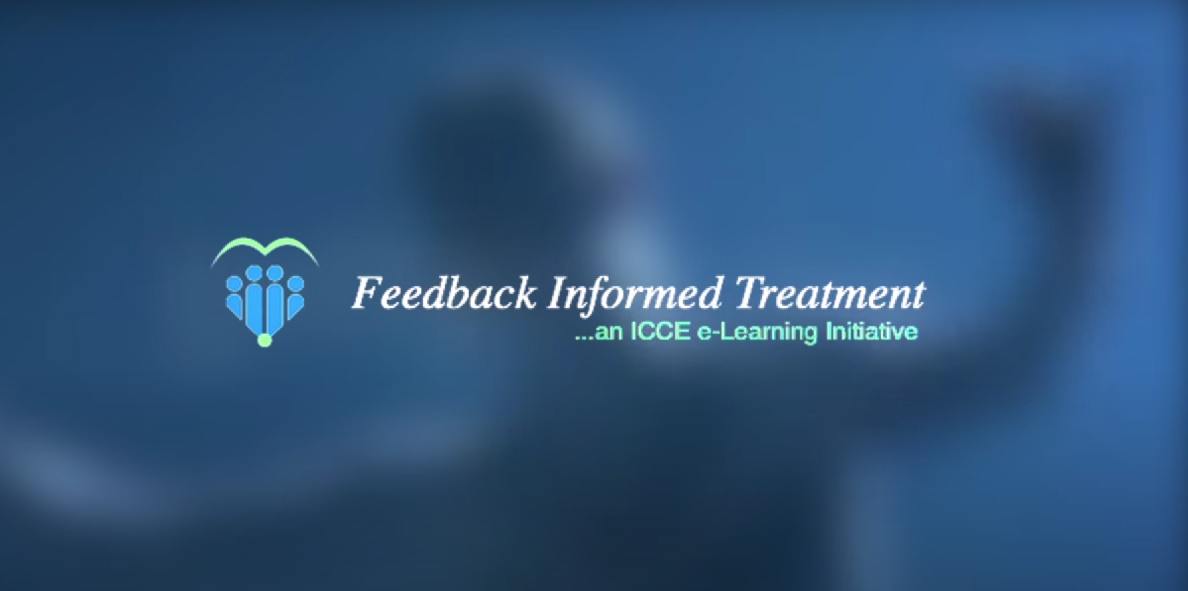
Feedback-Informed Treatment (FIT) — uses measures to solicit feedback about progress and the quality of the therapeutic relationship. FIT is a transtheoretical, evidence-based, approach.
Practice Excellence Daily
Learn Feedback-Informed Treatment Best Practices from Scott D. Miller
Whether you’re an individual practitioner or part of a larger organization, FIT eLearning helps you develop a culture of feedback and incorporates the Outcome and Session Rating Scales (ORS & SRS) into your clinical practice.
Easily adaptable training to fully integrate FIT into your practice or agency.


What your Colleagues are Saying:
“I love the professional quality of the slides and videos – great work!”
“Dr. Miller’s style is brief, humorous, and to the point.”
“The FIT program allowed me to be more focused, write out script, and practice it. I now feel more confident in explaining the ORS.”

FIT eLearning is based on the most up-to-date research in talk therapy/counselling and behavioral health sciences.
MyOutcomes® FIT eLearning program is centered on the four core competencies developed by Dr. Scott D. Miller and colleagues at the International Center for Clinical Excellence (ICCE). These core competencies encompass the necessary basics for clinicians seeking to improve their outcomes and achieve excellence in their practice.
FIT is not only consistent with, but also operationalizes, the American Psychological Association’s (APA) definition of evidence-based practice.
Identify when clients’ trajectories are on or off track.
Gather formal client feedback on outcome and alliance.
Have conversations with clients about the meanings behind their scores on the ORS and SRS.
Improve skills in generating honest client feedback through practice exercises.
ICCE FIT eLearning Advisory Board
Dr. Scott Miller
Cynthia Maeschalck
Jason Seidel
Susanne Bargmann
Stan Steindl
Dan Buccino
David Low


FIT Encompasses:
“The integration of the best available research […] and monitoring of patient progress (and of changes in the patient’s circumstances [like] job loss or major illness) that may suggest the need to adjust the treatment (e.g., problems in the therapeutic relationship or in the implementation of the goals of the treatment)”
APA Task Force on Evidence-Based Practice, 2006, pp. 273, 276-277.

The new science of professional development

Download MyOutcomes 2018 benchmarking report
